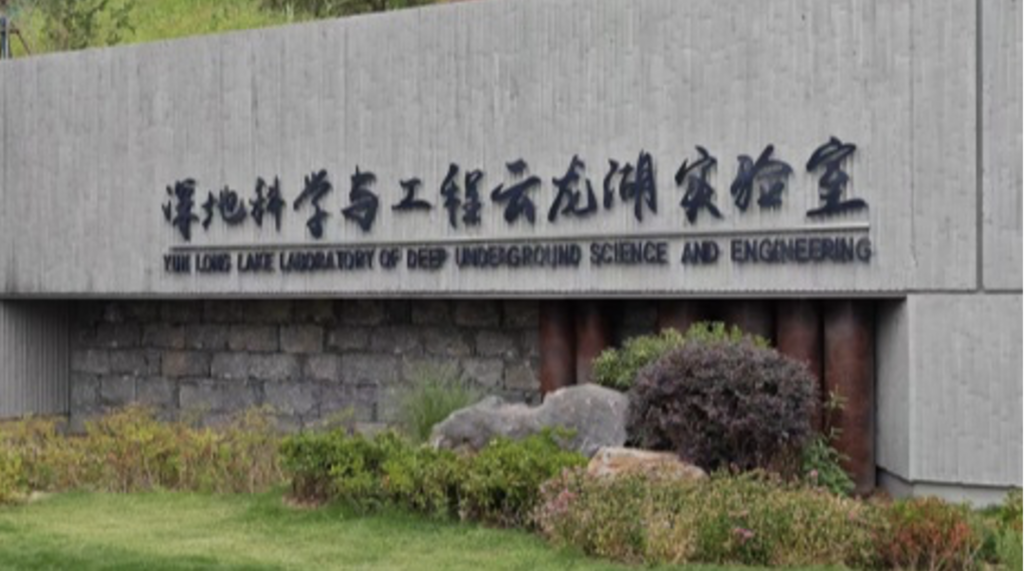https://www.recordchina.co.jp/b935125-s6-c20-d0189.html
In Xuzhou City, Jiangsu Province, the world’s largest underground laboratory, the Yunlong Lake Laboratory of Deep Earth Science and Engineering, is hidden 100 meters below ground in Wuniu Mountain.
According to laboratory director Li Xiaozao, the goal of our laboratory is to go deep into the earth and seek resources, space, and safety. We will continue to explore, research, and develop scientific and engineering problems in urban underground spaces, deep underground spaces, and ultra-deep underground spaces, with an eye on national demand and future industrial directions, such as deep earth energy resource development, deep earth space smart construction, deep earth space material storage, and deep earth space safety protection.”
At the Deep Earth Space Environmental Control and Biological Conversion Platform, a scientific research team from Nanjing University is simulating an underground ecological circulation system. For example, food waste can be directly converted into animal feed and fertilizer for agriculture. The conversion rate of this technology is 95%, and only 5% is waste.In the future, household waste could be directly sent underground through pipelines for processing, without using space above ground and without causing pollution.
Servers are blinking and work efficiently without air conditioners or other cooling equipment. The servers are immersed in coolant or dissipate heat through micro-circulation pipelines, using cold energy deep underground to lower the temperature of the computing equipment. The collected heat is stored and reused.
Over the next five years, the laboratory will explore scientific laws and conduct research on deep earth space fluid and material transfer, mechanical reactions of rocks around deep earth engineering, and environmental changes and disasters in deep earth space. It will achieve heat storage and high-efficiency use of deep earth space, storage of carbon dioxide waste and waste in deep earth space, collaborative development of underground mine space, and optimization of national land space.

